April 22, 2025 | 02:37 GMT +7
April 22, 2025 | 02:37 GMT +7
Hotline: 0913.378.918
April 22, 2025 | 02:37 GMT +7
Hotline: 0913.378.918
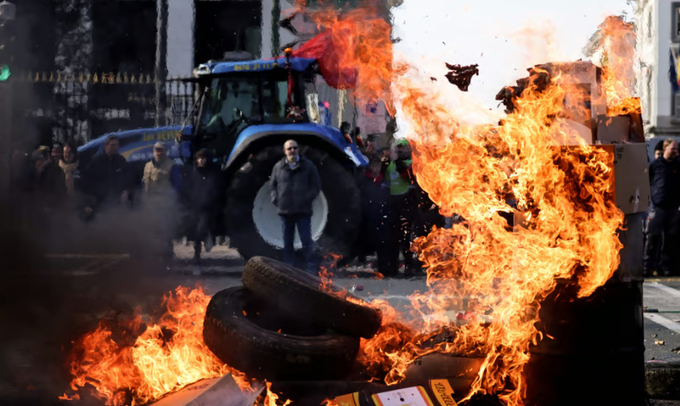
The planned cuts unfairly place a heavier burden on agriculture than industry, claim farming unions.
Convoys of tractors brought traffic in Brussels to a standstill Friday, as thousands of Belgian farmers protested the Flemish regional government’s plans to limit nitrogen emissions from agriculture.
Some 2,700 tractors rolled into Brussels from the Flanders region, according to police estimates, filling the streets with a cacophony of honks as farmers vented their anger over the planned cuts, which they say threaten to put many of them out of business.
“It’s an economic and social catastrophe,” said Nele Kempeneers, a spokesperson for Belgian farmers' association Boerenbond, one of the unions that organized the protest. “A lot of farms will have to limit the amount of animals that they keep, or simply close down.”
Some protestors plastered signs to the front of their tractors, voicing their opposition. “No farmers, no food,” read one. “Don’t forget who takes care of your food,” read another.
Others started a fire and set off firecrackers on Rue de la Loi, in the heart of the European quarter. But this was a different group capitalizing on the protest — not farmers, a member of Boerenbond told POLITICO.
Last year, the Flemish government put forward a package of measures to cut nitrate pollution. An initial agreement unraveled following a public consultation period over the summer. The parties making up the ruling coalition returned to the negotiating table this week but were unable to strike a deal.
The planned cuts unfairly place a heavier burden on agriculture than industry, claim farming unions, who have the support of the Flemish Christian Democrats.
“There’s no future for us, we cannot go on like this,” Ruben Bauwens, a 30-year-old dairy farmer, told POLITICO.
Similar protests took place last year in the Netherlands after the Dutch government approved an agreement that aimed to slash nitrogen emissions by up to 70 percent in some regions.
Intensive livestock farming and the use of fertilizers in both the Netherlands and Belgium have contributed to levels of nitrogen pollution in the soil and water that exceed thresholds on emissions set by the EU in a bid to reduce environmental damage.
“Here in Belgium, we have the know-how, we have the cows and the genetics and we have the [land],” said Marjan van den Eynde, another dairy farmer. “So let us do what we are good at.”
Farmers are more aware than anyone about the impacts of environmental damage, she added. "We are the first to feel the effects."
(Politico)
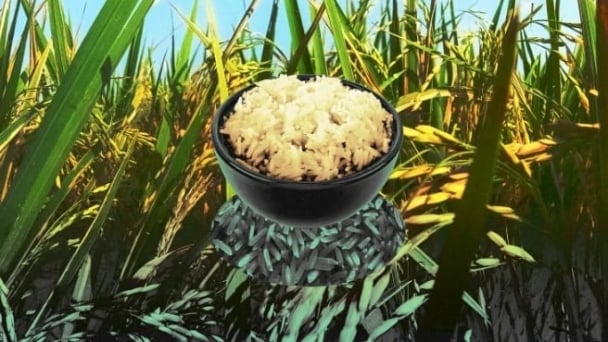
(VAN) Warmer temperatures and more carbon dioxide will boost levels of arsenic, a dangerous heavy metal, according to new research.
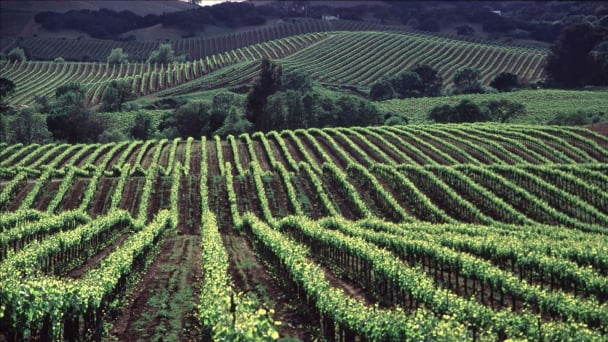
(VAN) California's $59 billion agriculture industry faces serious disruption as the U.S. clashes with China - one of the state's major export markets.
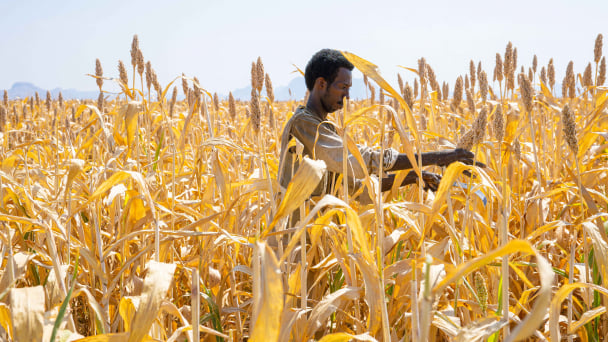
(VAN) Five things you should know about Sudan's food security crisis.
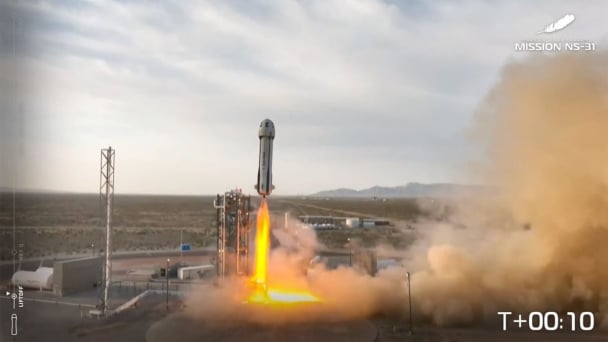
(VAN) 169 lotus seeds selected by the Vietnam Academy of Agricultural Sciences were carried into space by Vietnamese-American astronaut Amanda Nguyen.
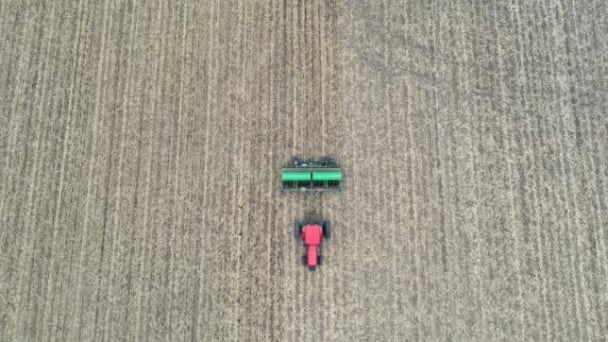
(VAN) Tariffs are making life more expensive for John Pihl. He's been farming in Northern Illinois for more than 50 years.
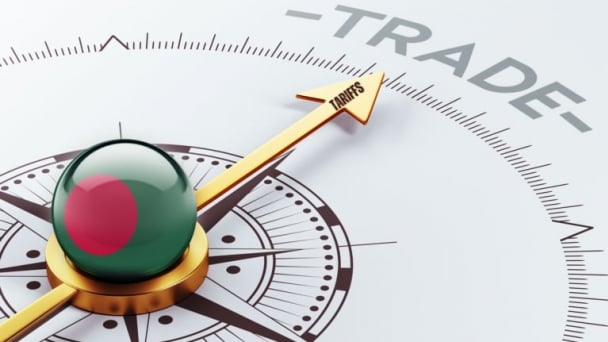
(VAN) European and American farmer organisations are concerned about the import tariffs that the United States introduced on 9 April for products from the European Union. This makes them 20% more expensive.
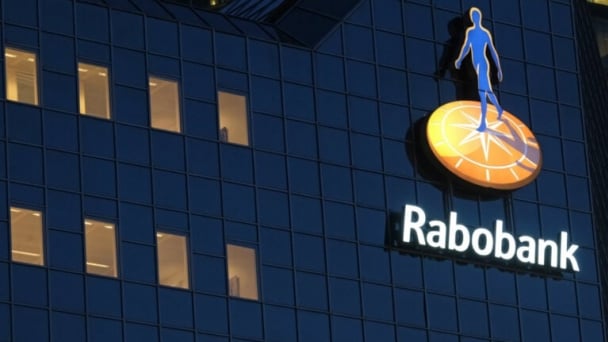
(VAN) Global poultry trade is expected to remain strong amid relatively tight global protein supply and growing consumption, RaboResearch concludes in its latest animal protein report.